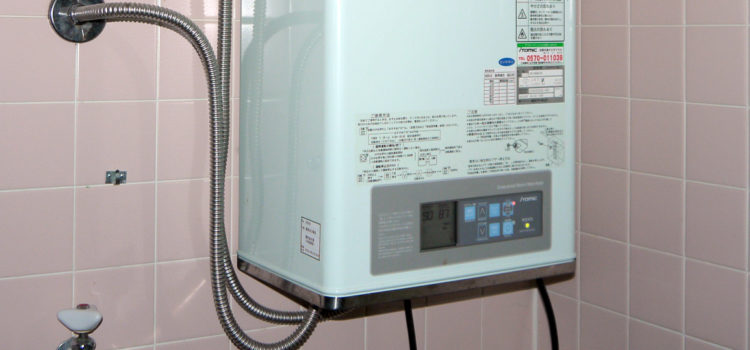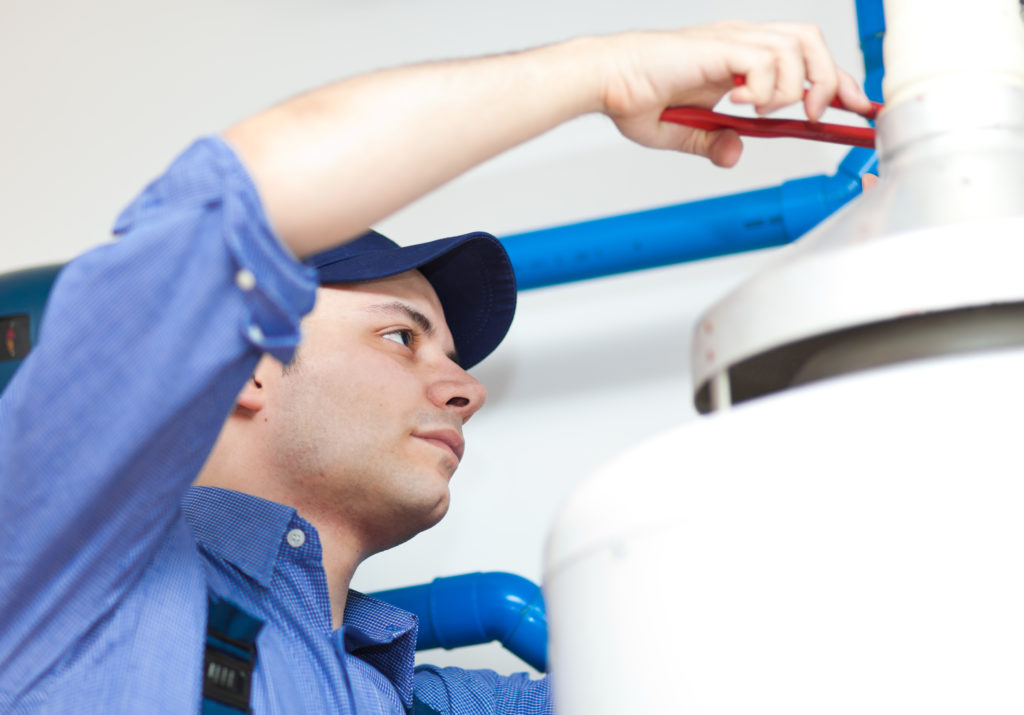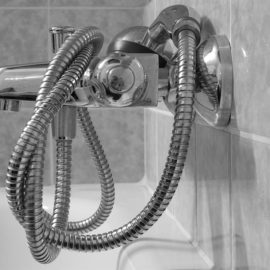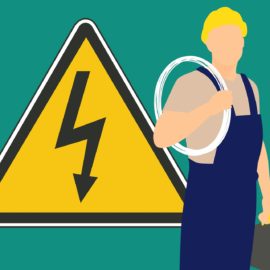
You’ll never run out of hot water again! A conventional water heater stores hot water in a tank for 24 hours, even when you don’t need it. As a result, a considerable amount of energy is wasted, resulting in increased electricity expenses.
On the other hand, tankless water heaters are a modern way to produce hot water on demand. As these devices will heat water only when you need it, you’ll save on money and won’t have to wait for the device to be filled with hot water. While these units are energy-efficient, are they worth it? Continue reading below to find out more.
How do they work?
These tankless technologies operate without the use of a storage tank. When you open a tap, cold water flows through a pipe into the heater. An electric element or a gas burner then heats the water. This ensures that tankless water heaters provide a constant amount of hot water.
Pro #1. Immediate hot tap water
After the cold water comes out of the faucet pipes, tankless water heaters can almost immediately provide an endless flow of hot water. As a result, these units can effectively fulfill their promise of delivering warm water without the inconvenience of needing a large storage tank.
Pro #2. Always have access to hot running water
In households that require a lot of hot water, storage tanks will ultimately run out of it after a while. On the other hand, with a tankless water heater, you can be sure that everybody will have the possibility of a hot shower since you won’t need to depend on stored water to satisfy the demand for hot water.
Pro #3. Energy-efficient and monthly money saver

If you want to save energy, installing a tankless water heater will help. As this new technology allows you to heat water only when you use it, you won’t incur additional energy costs. On the contrary, regular units continuously heat the water to keep it hot even when you don’t need it, which increases the standby heat loss.
Since tankless water heaters are energy-efficient, using them will also result in reducing your monthly electricity bills.
Pro #4. Save on space
Standard water heaters are usually equipped with bulky storage tanks and can take up lots of room. Tankless units are considerably smaller and can be installed in an inconspicuous area of your home. Besides saving on space, tankless water units will be easy to keep out of sight for design purposes.
Pro #5. Longer life expectancy
You can expect a longer lifespan with a tankless water heater. If properly maintained, it can last more than 20 years, whereas conventional water heaters should be replaced every 10 years.
Con #1. Temperatures fluctuations
Tankless water heaters are not without disadvantages. And one problem that can arise is that the appliance is unable to provide enough hot water to several faucets simultaneously. This creates inconsistent temperatures while producing hot and cold water at irregular intervals.
Con #2. High Initial Investment
If tankless units last longer, it also means that they are more expensive to buy than regular water heaters. You will have to add labor costs to the initial investment since it is recommended that you hire professionals to install these modern water heaters.

Con #3. Additional Equipment Required
Another disadvantage is that you may need to invest in a water softener to make sure that your tankless water heater operates properly. This additional equipment will need to be added to the initial price of the unit.
Con #4. Extra Maintenance Needed
Homeowners will have to perform maintenance at least once a year on their tankless water heaters. These on-demand water heaters require that their systems are cleaned annually to ensure that there is no limescale buildup in the water line or heater.
These days, tankless water heaters are more in-demand. Yet before opting for these units, you must consider the differences between this modern technology and the conventional water heaters to make the best choice to meet your needs. Have you installed a tankless water heater lately? Share your experience with us in the comments below.



